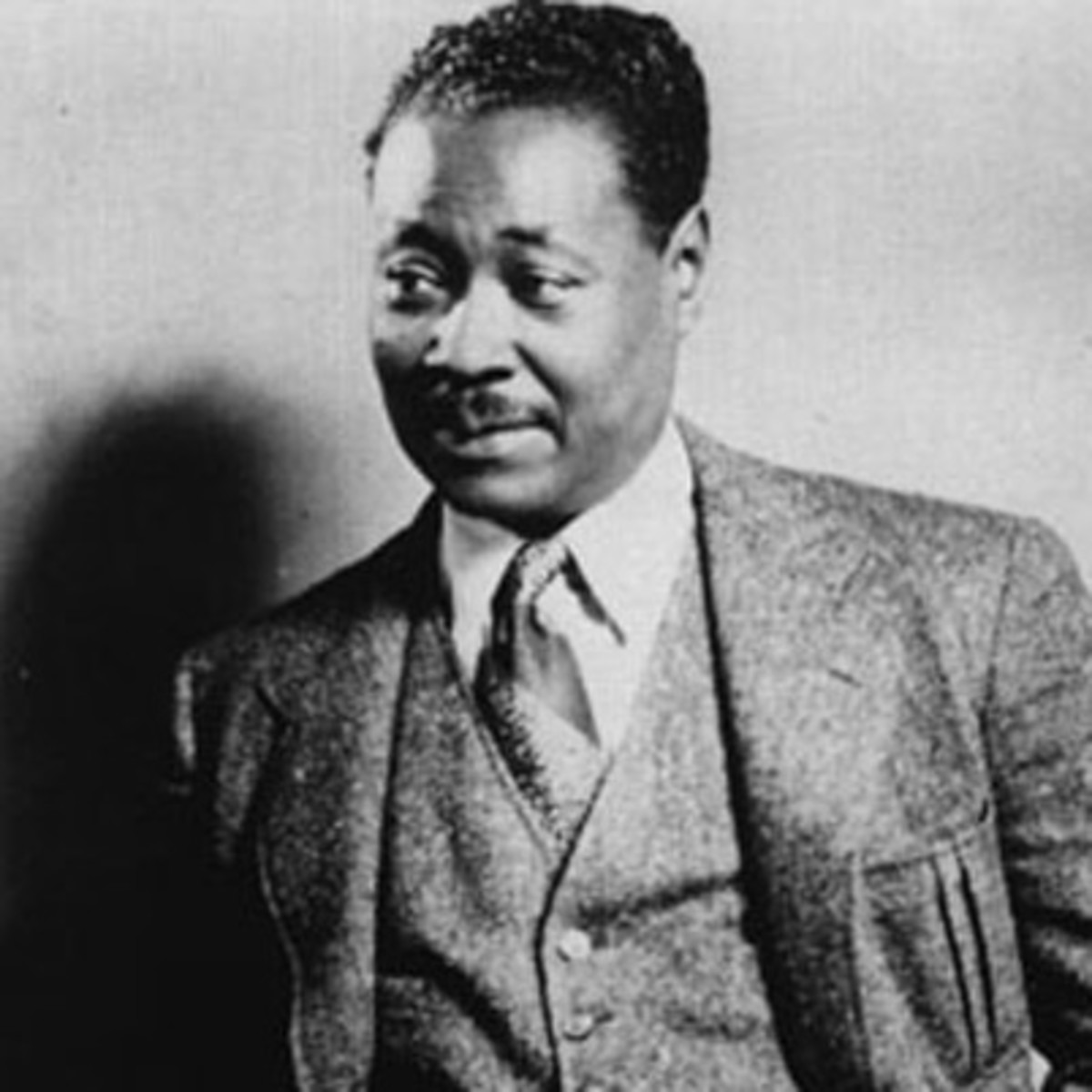I will not toy with it nor bend an inch.
Deep in the secret chambers of my heart
I muse my life-long hate, and without flinch
I bear it nobly as I live my part.
My being would be a skeleton, a shell,
If this dark Passion that fills my every mood,
And makes my heaven in the white world's hell,
Did not forever feed me vital blood.
I see the mighty city through a mist--
The strident trains that speed the goaded mass,
The poles and spires and towers vapor-kissed,
The fortressed port through which the great ships pass,
The tides, the wharves, the dens I contemplate,
Are sweet like wanton loves because I hate.
Published:
1921
Length:
Shorty
Literary Movements:
Harlem Renaissance
Anthology Years:
2020
Themes:
Intersectionality & Culture
Racial Injustice
Literary Devices:
Enjambment
a line break interrupting the middle of a phrase which continues on to the next line
Iambic Pentameter
a line of verse composed of five iambs– an unstressed syllable followed by a stressed syllable (u / u / u / u / u /) commonly used in the Renaissance period
Juxtaposition
the fact of two things being seen or placed close together with contrasting effect
Rhyme
correspondence of sound between words or the endings of words, especially when these are used at the ends of lines of poetry

